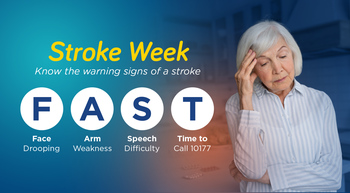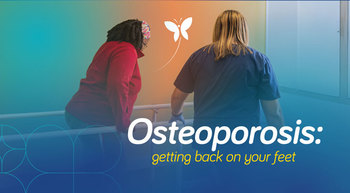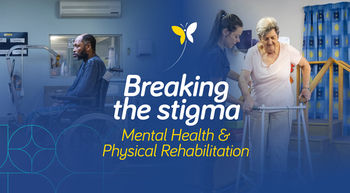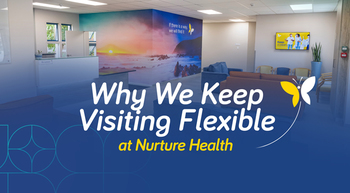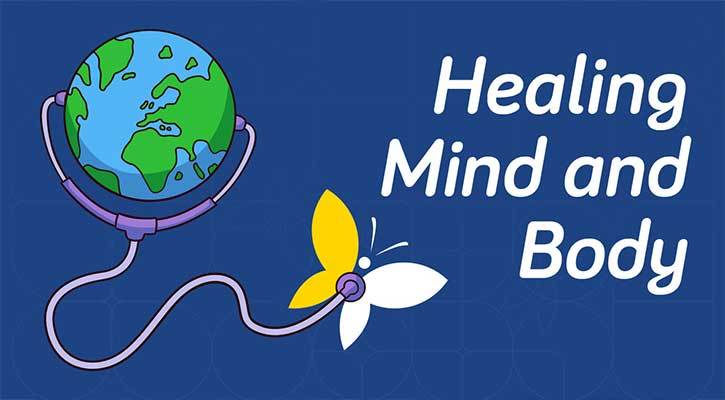
We take a holistic approach to World Health Day
Every year, April 7 marks World Health Day, a global initiative to raise awareness about health-related matters and promote healthier living.
At Nurture Health, we embrace a holistic approach to healing, always putting the patient at the centre of care.
Our rehabilitation hospitals provide medical treatment and physical rehabilitation programmes for patients who have experienced acute or chronic illnesses or injuries.
With this as our background, we see World Health Day as a time to emphasise the role of rehabilitation in restoring function, independence, and overall well-being.
Our caring and compassionate team of healthcare specialists offers a comprehensive range of therapies. Depending on the needs, a patient’s plan may use a physiotherapist, occupational therapist, speech, language and swallowing therapist, social worker, psychologist or dietician.
By carefully balancing these various aspects of treatment, we can empower our patients to lead vibrant, fulfilling lives and contribute positively to the world around us.
Looking at physical health
As many come to us with a condition that limits their ability to take part in conventional exercises, let’s zone in on physical health aspect of overall well-being.
In this area, a Nurture Health physical therapist or occupational therapist can provide a personalised exercise programme that addresses limitations. Example may include:
• Low-impact exercises that are gentle on the joints and muscles. This could be activities like aqua-therapy or water aerobics, which provide buoyancy and reduce stress on the body.
• Strength and resistance training, where exercises improve strength and mobility without putting excessive strain on the affected areas.
• Regular range of motion exercises to help maintain joint flexibility and prevent stiffness.
• Rehabilitation equipment, or adaptive techniques, can make it easier to take part in physical activities. For example, if walking is challenging, a cane, walker, or wheelchair may provide support and enable you to engage in activities like gardening or modified sports.
• Exercises that enhance balance and stability, such as Tai Chi or yoga, which emphasise controlled movements, deep breathing, and improving body awareness. These practices can help reduce the risk of falls and improve overall physical function.
If there’s a way, we’ll find it
Because each individual is unique, it is essential to work closely with healthcare professionals who can provide guidance for specific needs and limitations.
A person with an orthopaedic injury will need a different programme to a stroke recovery patient, for example.
Mental rehab is another vital component of holistic health. The therapy team might therefore suggest incorporating mind-body practices such meditation, deep breathing exercises, or guided imagery. These help to manage stress, promote relaxation, and enhance overall well-being.
Remember that rehabilitation is a process that extends beyond the walls of our hospitals: a state of wellbeing is not a static destination but rather an ongoing journey.
Inside our rehabilitation hospitals or at home, the aim is to maximise recovery and health, while achieving the highest level of independence for each of our patients, as cost effectively as possible. If there’s a way, we’ll find it!


